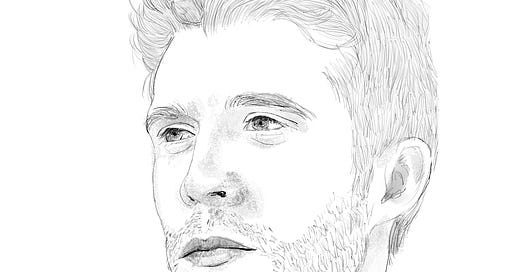When Thibaut Pinot lost the penultimate stage of the Tour of the Alps to Miguel Ángel López, I opened up Twitter and found an unexpected litany of public mourning.
Even journalists (including myself) abandoned their de rigueur objectivity and commented on the loss, posting into the public void that it was, in fact, heartbreaking. This was a concentrated…
Keep reading with a 7-day free trial
Subscribe to derailleur to keep reading this post and get 7 days of free access to the full post archives.



